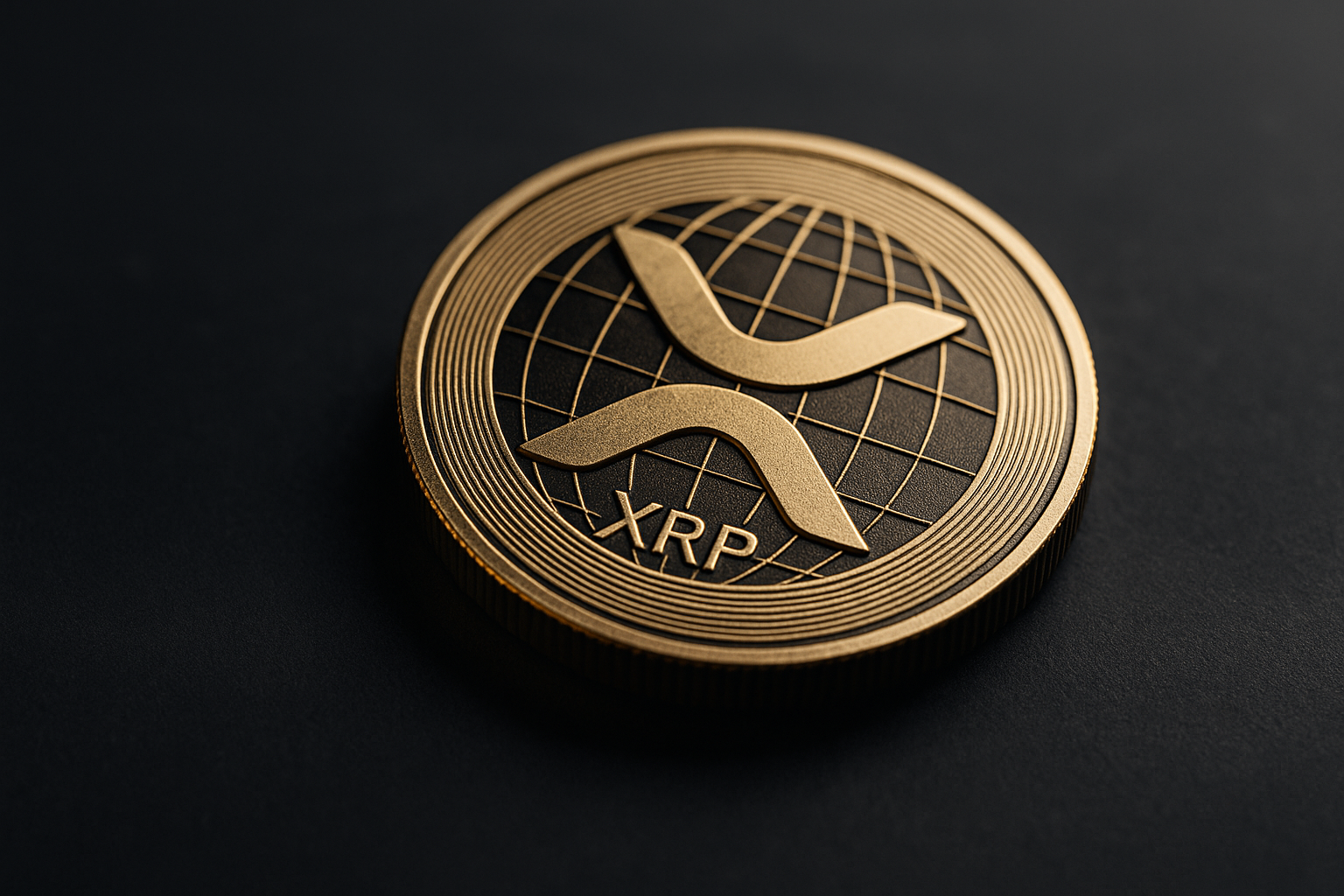Bitcoin ($BTC) has become a significant part of global finance, with countries like Bhutan and El Salvador using it to boost their economies. These two nations are quite different from each other, but are making big moves in the world of cryptocurrency.
The small South Asian country has quietly accumulated a large amount of Bitcoin, now more than El Salvador. On 16 September, Arkham Intelligence revealed that Bhutan’s investment arm, Druk Holdings and Investments (DHI), owns 13,029 Bitcoin.
At today’s prices, that is worth around $758 million. This discovery places Bhutan among the world’s largest Bitcoin holders.
The interesting part is that Bhutan’s Bitcoin didn’t come from regular purchases, but from mining. DHI started mining Bitcoin using the country’s abundant hydroelectric power.
Arkham confirmed this by using satellite images to track the construction of facilities tied to the project. Along with Bitcoin, DHI also owns smaller amounts of Ethereum ($ETH), Binance Coin ($BNB), and Polygon ($POL), all worth around $1.5 million.
These holdings are quite significant when compared to Bhutan’s economy. By the end of 2024, Bhutan’s economy is expected to reach $3 billion. This means that the country’s Bitcoin holdings account for roughly 25% of its entire economy.
Local reports show that Bhutan started mining Bitcoin back in April 2019, when the price was much lower—around $5,000 per coin.
In a recent effort to expand its operations, DHI partnered with Bitdeer, a company specialising in Bitcoin mining, to build carbon-neutral mining facilities.
By 2025, Bhutan’s mining capacity is expected to increase by 500 megawatts, taking the total capacity to 600 megawatts.
El Salvador’s Bitcoin strategy
El Salvador, a Central American country, made global headlines with its embrace of Bitcoin. It became the first country in the world to adopt Bitcoin as legal tender in 2021.
As of September 2024, El Salvador holds 5,870 Bitcoin, worth around $354 million. This is about half of what Bhutan currently holds.
El Salvador started buying Bitcoin in September 2021 when the price was $51,700 per coin. According to the Nayib Tracker, a website that monitors the country’s Bitcoin portfolio, El Salvador bought its Bitcoin at an average price of $43,900 per coin.
Despite the ups and downs in the market, the country has managed to turn a profit of around 32.6%.
Like Bhutan, El Salvador also uses renewable energy to mine Bitcoin. However, instead of hydroelectric power, it relies on geothermal energy from its active volcanoes.
This sustainable method of mining helps the country reduce its carbon footprint while expanding its Bitcoin reserves.
Although El Salvador has made Bitcoin a central part of its economy, the country has faced challenges.
Many of its 6.3 million citizens are still hesitant to use the cryptocurrency in their everyday lives, making it difficult to achieve widespread adoption.
New financial moves
Beyond Bitcoin, El Salvador is working on broader plans to reshape its economy. Under the leadership of President Nayib Bukele, the country is moving away from relying on external debt. Instead, it is focusing on digital assets like Bitcoin to drive growth.
One of the country’s most significant developments is a $1.6 billion investment from a Turkish company called Yilport Holdings. This investment will go towards modernising the country’s major ports in Acajutla and La Unión.
La Unión is also set to be the location of the much-anticipated Bitcoin City, a project designed to make El Salvador a global centre for digital finance. This represents the largest private investment in the country’s history.
In June 2024, the Salvadoran government introduced new draft legislation to further integrate Bitcoin and other digital assets into its economy.
This proposed law would allow the creation of private investment banks that focus on cryptocurrencies, taking another step toward transforming the country’s financial system.
By using Bitcoin and attracting private investment, the government hopes to build a more stable and self-reliant economy.
Even with Bitcoin’s price volatility, El Salvador remains committed to making the cryptocurrency a central part of its future.

